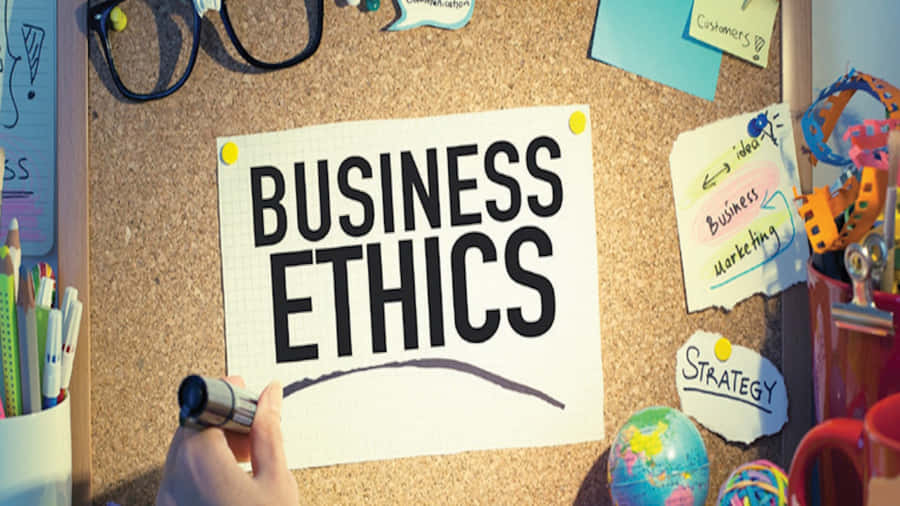The 1982 Tylenol poisonings is the case that put “crisis management” into the permanent management lexicon. The facts are legendary. In the fall of 1982, a murderer added 65 milligrams of cyanide to some Tylenol capsules while they were on store shelves. Seven people were killed, including three persons in one family Johnson & Johnson (J&I), makers of Tylenol, quickly recalled and destroyed 31 million capsules at an expense of about $100 million. James Burke, the company CEO, made numerous appearances in TV ads and in news conferences notifying consumers of the actions the company was taking.
Tamper-resistant packaging was quickly introduced, and the sales of Tylenol swiftly snapped back to near pre-crisis sales levels. The perpetrator of this crime was never found.
Many continue to hold the Tylenol case up as the classic response to a crisis. Experts argue that ‘fessing up and taking corrective action quickly is the best form of crisis management. A major lesson to come out of the Tylenol crisis is that companies can take action quickly and effectively and prosper in spite of extreme adversity that befalls them.
1. Some say it was easy for J&J to take this action because the crisis did not originate within the company. Did this fact set the stage for the company’s quick recovery? Would things have been different had the company been at fault?
2. How is the Tylenol case similar to or different from Ford and Firestone’s linkage with dangerous tires or WorldCom, Tyco, Enron, and HealthSouth’s malfeasance resulting in company leaders being accused of scheming to enrich themselves at the injury of others?
3. Was J&J really being socially responsible or were they quickly acting in their own best financial interests?
Souce: Eric Dezenhall, Tylenol Can’t Cure All Crises,” USA Today (March 18, 2004)


